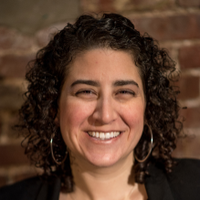Survivors of Sexual Assault Shouldn't *Have* to Speak Out
My story, like my body, belongs to me—but people expect me to share every detail.
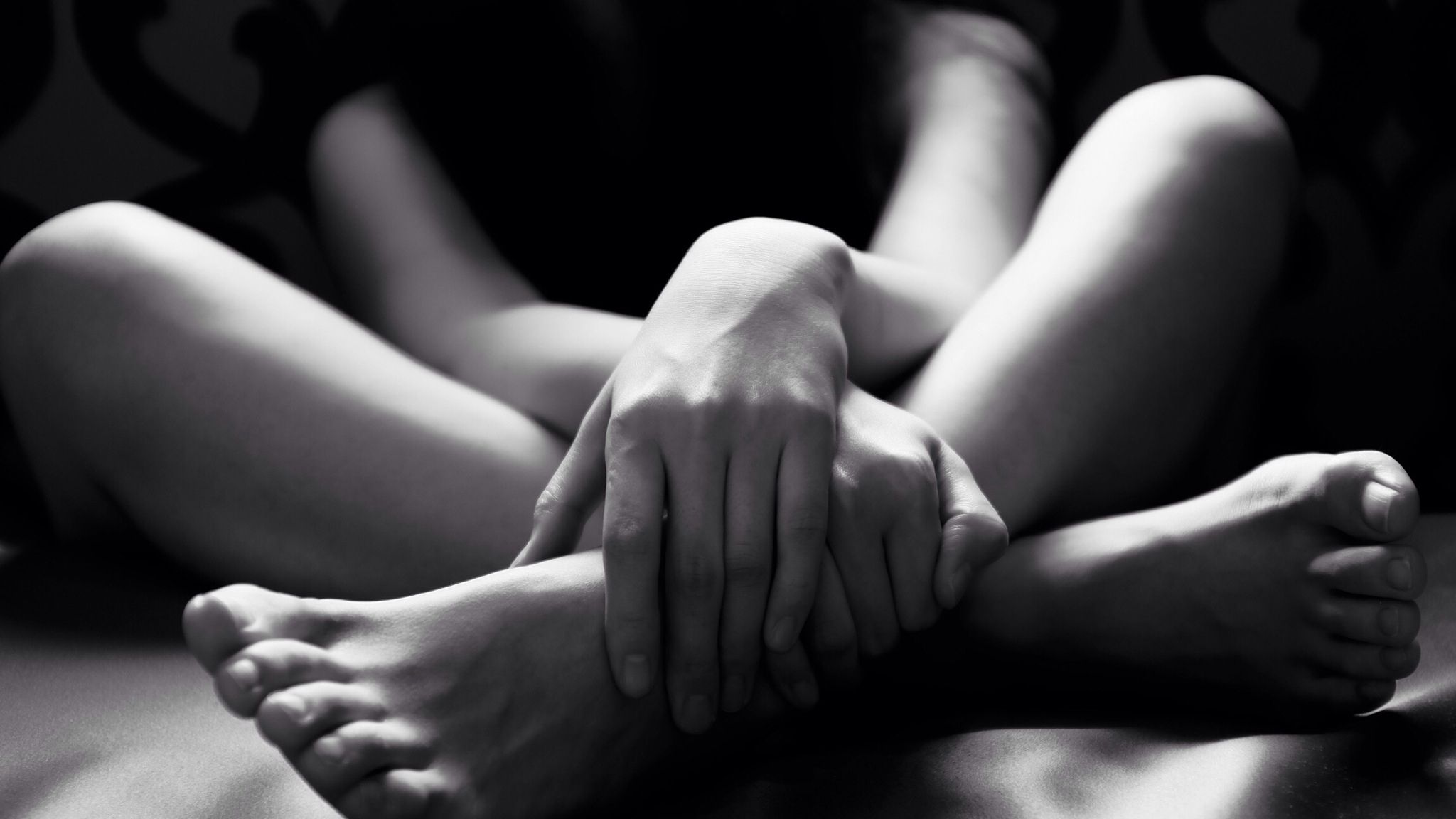
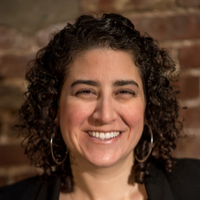
I am sitting on a stool, midway through an interview with a news organization about my experience as a survivor of both rape and sexual assault. It’s a weekday. The sun is shining. My curly hair is framing my face.
Across from me, a journalist asks, “What were you feeling when you were being assaulted?”
My stomach drops. My throat closes. I have no voice. I cannot move. I am quite literally triggered beyond words.
Trigger: the mechanism that fires a gun.
Trigger: to provoke a memory or feelings connected to a trauma.
I have been talking publicly about my abuse for more than 15 years, and still, I never know when I might feel triggered by someone or something that will make sharing my story hard. And now, with sexual misconduct allegation after sexual misconduct allegation emerging near-daily, it seems as though people expect survivors, like myself, to readily share every detail of our story. I feel like the Energizer Bunny of Survival. And my batteries have expired.
We have been sharing our stories of sexual violence and misconduct for years; the world just didn't pay attention before.
The prevalence of sexual harassment and assault may be new for the public, mainstream eye. But for many people, it’s not. We have been sharing our stories and working to end sexual violence and misconduct for years; the world just didn’t pay attention before.
Get exclusive access to fashion and beauty trends, hot-off-the-press celebrity news, and more.
The first time I publicly shared my story was in April 2003, my freshman year of college, during Take Back the Night. Speaking out has saved my life. Along with years of therapy and supportive family and friends, incorporating my story into my work as a spoken word poet, writer, journalist, educator, and activist, has helped me transcend surviving. It helps me thrive.
And yet, I continually experience a disturbing and often traumatic tactlessness from the media, friends, acquaintances, friends of friends on social media, and society at large. I feel like people expect me to be strong, and I am. I'm also a human being. I'm not unbreakable. And I know I'm not alone. A culture of misogyny and disbelief led us to this moment in the first place. That very same patriarchy—which has silenced so many survivors—needs to go.
The expectations for how and on what terms survivors speak out are excruciating and problematic. People want click bait—sensationalized, graphic accounts. In the days following Tarana Burke’s decade-long #MeToo campaign going viral this fall, I shared my story publicly on social media (as I have before) and was approached by several news organizations. Strangers, and people I knew, demanded I name names of the people who abused me. Except, that won't keep me safe. Some people said I should learn to defend myself. Except, it wasn’t my fault. And then there were people who pressed me for my take on sexual harassment and abuse given that, you know, I'm a survivor. Like it’s part of my identity. Like suffering this trauma makes me an expert able to spit out wisdom like quarters from a winning slot machine.
Once, I was asked why I let the sexual abuse I experienced in high school go on for so long.
Despite having shared my story for more than a decade, that week ripped me to my core. I flung myself onto my bedroom floor wailing after a friend of a friend harassed me online. I had posted on social media using the phrase “#MeToo” 15 times, followed by “More times than I can count.” After a male friend began commenting, one of his friends—whom I do not know and have never met—suggested I get a gun to protect myself. My friend piggybacked from there. I asked them to please stop co-opting my personal thread. As other friends came to my defense, these men started to harass them as well. A stranger chimed in: “There is no rape culture in this country. Feminism has destroyed gender roles….Masculinity is not toxic. If masculine men are so hated, then stop sleeping with them.” More than 100 comments later, I screenshot each one, then deleted the thread.
This isn’t new.
Once, an audience member at a poetry performance asked why I let the sexual abuse I experienced in high school go on for so long. Once, while running a workshop, a participant asked why I hadn’t pressed charges, insisting that it was my responsibility to keep abuse from happening again. Once, a perpetrator of violence used my own rape against me when I didn’t come to his defense. I’ve since cut him out of my life.
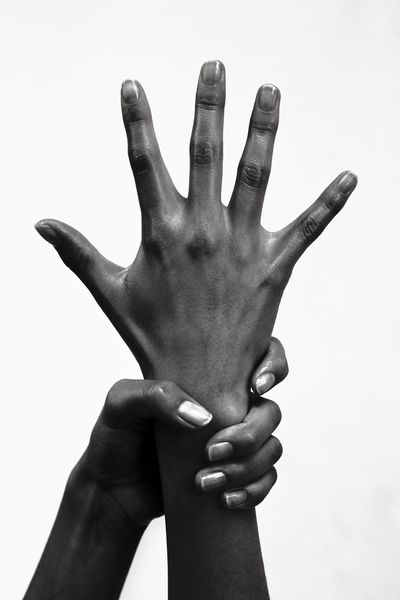
I’ve stomached the boundary-crossing ways people have responded to me sharing my most traumatic truths publicly for years. And as the choir of survivors speaking out has gotten louder and louder—as it damn well should—so too has the cacophony of reckless responses. It was already traumatic enough to be assaulted and raped. Like, don’t make it worse.
When the journalist asked me what I was feeling when I was being assaulted, it was traumatic. I used tools from therapy—and journalism—to walk myself through the shock. I sobbed. I allowed my body to experience the moment. And then I looked directly into the camera, and said, “You asked me what I was feeling when being assaulted…I wasn’t feeling anything.” I continued to weep.
I’m not trying to throw this person under the bus. This journalist and a colleague, who was also there, felt terrible. The way they proceeded to support me was obviously well-intentioned. They apologized profusely, and I assured them that they had no idea what was going to trigger me, and neither did I.
Continually, society puts the onus on survivors to do the heavy lifting. But, it’s on everyone to enact systemic change.
I don’t need you to have confidence in me. I don’t need your trust. I need to be able to trust you.
There’s long-standing training for how to be a first responder. All too often, we think first responders are only firefighters, paramedics, police, rescuers, and emergency medical technicians. We forget that anyone could be a first responder. How we respond to stories of trauma not only supports survivors; it also helps sexual misconduct and assault stop.
We talk about consent all the time when we talk about sexual assault. And the guidelines for consent when we share space with each other’s bodies should be the guidelines for consent when we ask about each other’s bodies. Especially when we ask each other about the worst things that have ever happened to us.
I learned this the hard way not only as a survivor, but also as a journalist. It took me years to realize I had to apply the same rules I use facilitating poetry workshops and teaching creative writing classes to interviews I conduct. When anyone discloses to me, especially around trauma, I ask how I can support them. I ask if I can continue to check in. I remind them that they don’t owe me anything—not even their story. That they owe only to themselves. The least I can do is honor their humanity. Make sure they’re okay. Still, I’m not perfect. I mess up and fail people—I know for a fact I have. And yet, as a first responder, I know I have a job.
As a survivor, I can’t do all the work. I have already survived, my boundaries were already crossed. There are infinite reasons to stay silent; don’t make it harder for me to be heard.
I keep parts of my story silent for my own protection. I’ve long wondered how famous I would have to be before I could share details of the work harassment I suffered. When wouldn’t I have to worry about how sharing that story might negatively impact my career? Society's power dynamic silences so many of us and limits the choices we’re able to make.
When I was assaulted and raped, my words—my voice—were dismissed and overlooked. Speaking out is my reclamation. And my story, like my body, belongs only to me, which is why there’s one response lately that really rattles my bones: “I believe you.”
RELATED STORIES
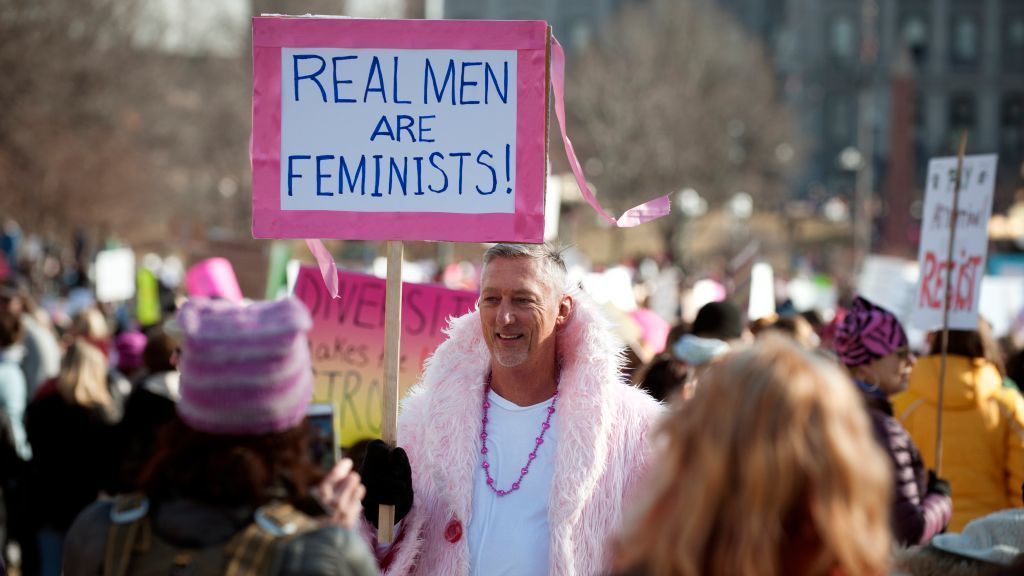
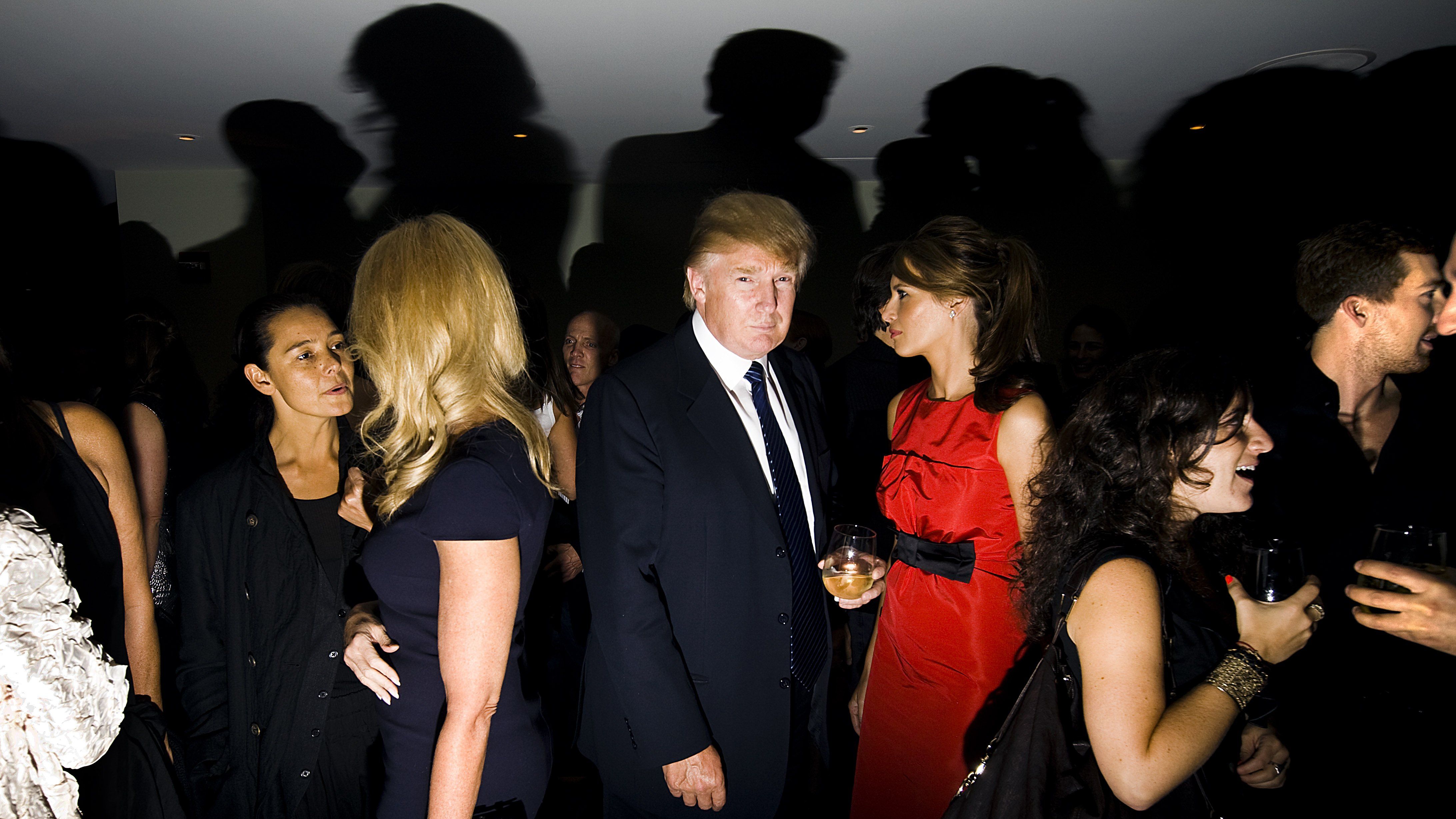

Believe: to have faith or confidence in a person.
I don’t need you to have confidence in me. I don’t need your trust. I need to be able to trust you.
Don’t believe my story. Commit to it. Commit to never letting it be anyone else’s story again.
Commit: to unite, join, bring together, combine.
I need you to combine your efforts with mine. I need you to join me. I am being very generous with you. I’m sharing my most horrific truths. I am generously telling you about the times I was pinned down to my bedroom carpet and held down on my childhood bed. I am telling you I was raped on the floor of my dorm. I am being generous so that this never happens again.
So I need you to be generous with me. Don't be selfish. Don't expect. I need your commitment. Survivors can’t do this alone.
ALSO BY CAROLINE ROTHSTEIN


Caroline Rothstein is a New York City-based internationally touring and award-winning writer, poet, performer, and educator. Her work has appeared in Marie Claire, Cosmopolitan, BuzzFeed, NYLON, Narratively, The Forward, and elsewhere. She has been featured widely including in The New Yorker, MTV News, Chicago Tribune, CBS Evening News, BuzzFeed News, Huffington Post, Mic, and Newsweek, and was called a “very inspiring woman” by Lady Gaga.
